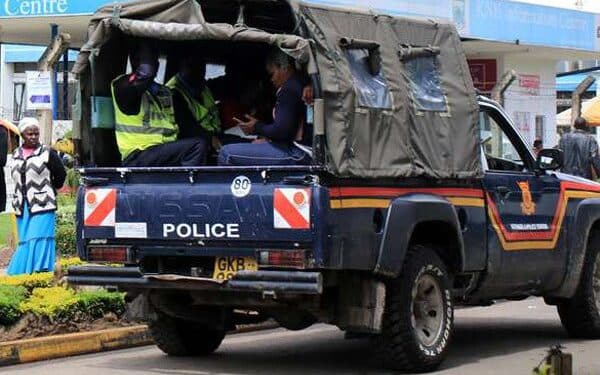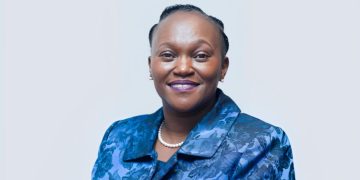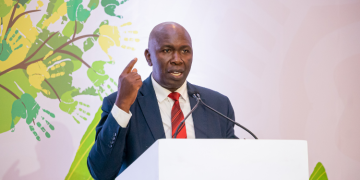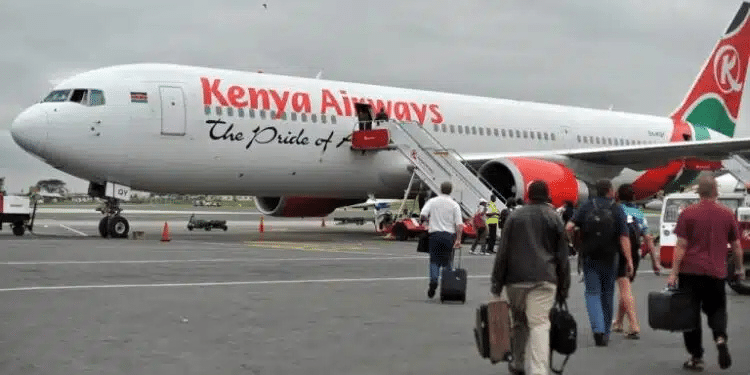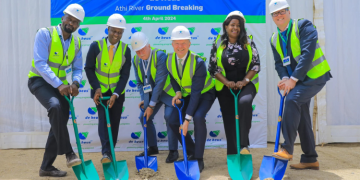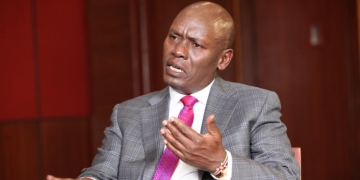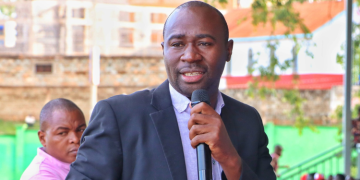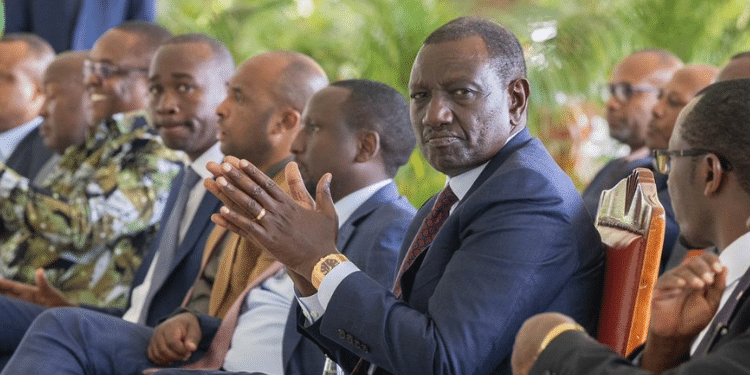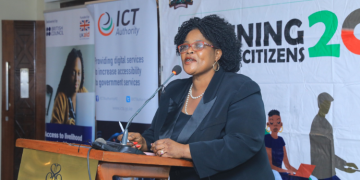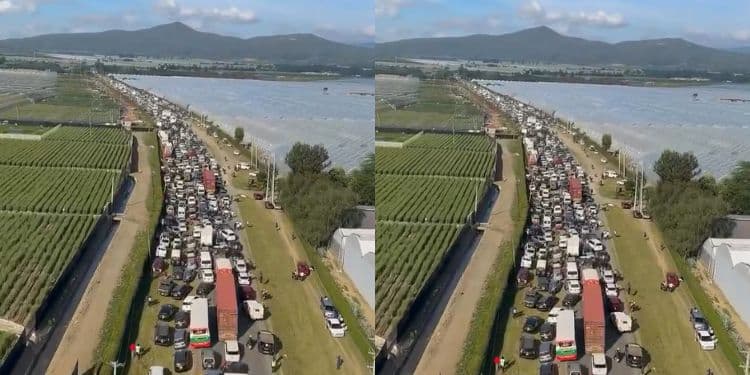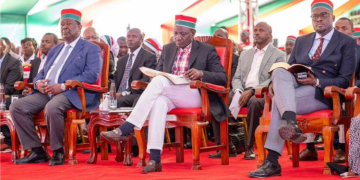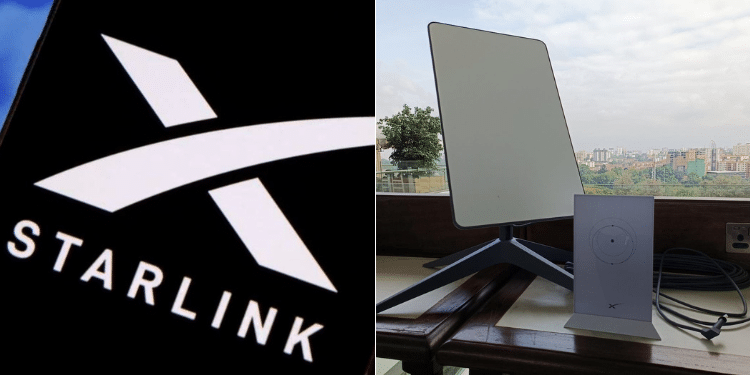The Elon Musk-owned internet company Starlink has recently intensified competition for Kenyan internet providers since it was launched in the country.
Murang’a County Governor Irungu Kang’ata has moved the county’s automated healthcare services from Safaricom to Starlink.
In a statement on Saturday, August 24, Kang’ata said the government should ditch Safaricom and embrace, Starlink, the new telecommunication company in Kenya.
“Government should ignore Safaricom. Muranga automated its healthcare,” he said.
Kang’ata reasoned that Safaricom internet speed is slow and drops oftenly. He however explained that the new Starlink speed is fast and is not affected by the prevailing weather conditions.
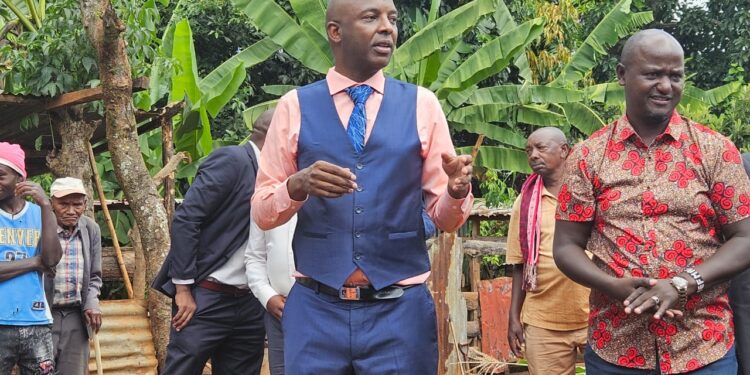
“Safaricom internet speed drops frequently. The speed so low. At times 4.7Mbps. New Starlink internet speeds hits 100 Mbps. This saves lives. And it’s not affected by weather,” Kang’ata said.
Starlink Joins Kenyan Market
Starlink, the U.S.-based satellite internet provider, launched a rental option in Kenya to compete with local internet providers.
Customers can now pay a one-time activation fee of Ksh2,700 and rent the Starlink equipment for Ksh1,950 per month.
This is in addition to the monthly internet service plans, which start at Ksh1,300 for 50GB or Ksh6,500 for unlimited data.
Also Read: Starlink: Cost, Advantages & How the Satellite Internet Service Works
Without the rental option, the hardware kit costs Ksh45,500. Unlike local telcos, which require only a registered SIM card, Starlink’s rental option offers the same speeds of up to 200Mbps.
When Starlink launched in Kenya a year ago, its standard hardware kit cost Ksh89,000. After factoring in shipping and local delivery charges, the price exceeded Ksh92,000.
Starlink’s installation fee covers for hardware kits, including a Starlink dish, a mounting stand, cables, and a power source.
Also Read: Details of Letter Safaricom Wrote to CA After Entry of Starlink in Kenya
April Offer
In April 2024, Starlink cut the price by over half through a promotion, reducing the installation hardware kit by 55.6 percent in Kenya.
As of July 31, 2024, the technology had established its presence in several African countries including Kenya, Sierra Leone, Nigeria, Mozambique, Eswatini, Rwanda, Benin, Zambia, Madagascar and Malawi.
Globally, the service officially launched in 2018 with 3,200 satellites orbiting low Earth to send internet signals directly to users, bypassing the need for copper and fiber optic cables.
Starlink entered the Kenyan market in July 2023, intensifying competition with local providers and aiming to connect people worldwide, including those in remote areas often neglected by traditional internet services.
However, its entry into Kenyan market was sluggish due to high cost of its hardware kit, which retailed at Ksh89,000.
Follow our WhatsApp Channel for real-time news updates!
https://whatsapp.com/channel/0029VaB3k54HltYFiQ1f2i2C








